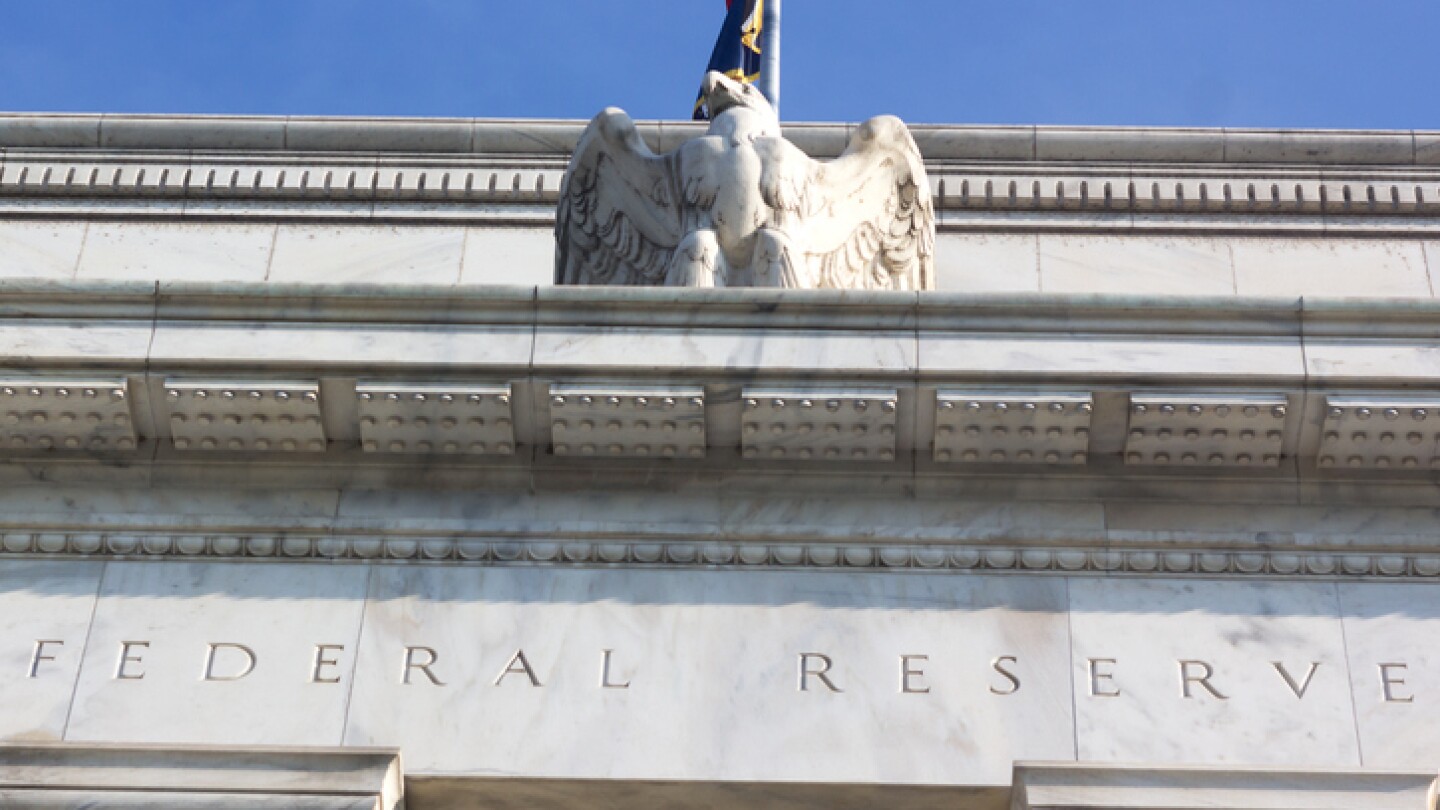Biotech industry watchers have been eagerly awaiting a cut in the federal interest rate. Now that it’s here, the biotech index has shrugged.
Wednesday, the Federal Reserve reduce rates by half a percentage point — more than expected. But if industry watchers were expecting a sudden gold rush of fundraising, M&A deals and IPOs, that’s unlikely to happen, according to Jared Holz, an analyst at Mizuho Securities.
“I don’t think there are any significant changes in the way executives run these companies,” Holz said. BioSpace. “I feel like the title is a little anticlimactic.”
This sentiment was expressed in numbers. The S&P Biotech XBI, considered the best measure of small-cap biotech stocks, initially rose when the news broke at 2:00 pm ET on Wednesday, gaining about $2, but closed right where it started at 100 dollars. This morning, the index is up about 2%. Overall, it’s the same as it has been since August, Holz said. That said, he added that the rate cut is definitely “a net positive.” First, Holz said the rate cut lowers the cost of capital, which is good for everyone.
“The money goes a little further, it helps strengthen operations. This is a fundamental positive for a group that relies so heavily on . . . capital preservation and our perennial funders,” Holz said.
Be careful what you wish for
Many biotechs have taken dramatic steps to hang on amid rocky markets with substantial abandoned programs. DISMISSAL to keep the cash. The rate cut could spur some return to science projects, but that will be hard to quantify, Holz said.
Holz noted that since the rate cut, there has still been “a little more momentum” for small-cap stocks, which bodes well for the biotech.
“When I look at biotech, I just see it as a niche, highly academic component of small-cap stocks,” he said. “If small-cap stocks continue to trade well, biotech will likely do well. And if not, then maybe there’s a point where there’s a little bit of stagnation in terms of the index.”
In terms of M&A, Holz doesn’t see much growth. Major pharmaceutical players still executed a fairly normal number of deals, albeit smaller ones. About 15 to 20 deals are typically closed each year, and the pharma is on track for that for 2024.
“Potentially lower rates help a little bit just in terms of balance sheet management, but I don’t think the rates have a material impact on the M&A strategy,” Holz said.
One place that could see a slight increase is the IPO market. Three biotechs exited last week ahead of the rate cut in the hunt over 700 million dollars. That was a glimmer of activity after a relatively slow summer, but biotech is unlikely to return to its pandemic-fueled IPO heyday, when dozens of biotechs headed to the public markets — nor should they, a Holz said.
“I don’t see the floodgates necessarily opening because the last time we pushed out 50 or more IPOs a year, the broader sector was negatively impacted by that,” Holz said. “Be careful what you wish for. Too many IPOs in this space, I think is actually a very, very significant negative for publicly traded stocks.”
Finally, Holz commented on the level of interest that has been instructed on this anticipated rate cut. The idea that interest rates are a predictor of biotech industry success is relatively new, he explained. Prior to 2020, rates had no influence on the performance of these stocks. But the pandemic has changed all that, sending investors of all stripes flocking to the industry, with substantial funds flowing into companies focused on the therapy. And then, in 2021, biotechs began to struggle and face the reality of a more normal fundraising environment.
“I had never heard of rates being a reason to own biotech in my career until the sector started to get hammered in 2021,” Holz said.
#Feds #rate #cut #biotech #stocks #face #anticlimatic #reality

